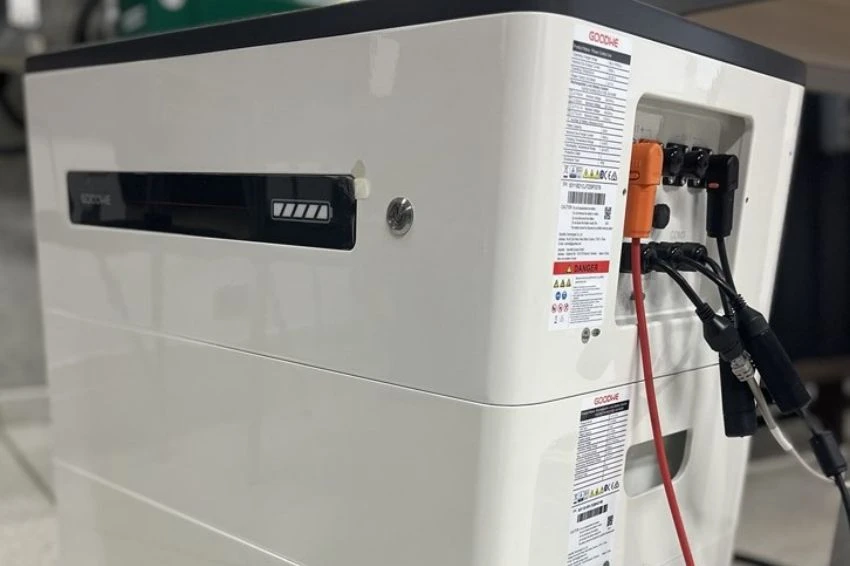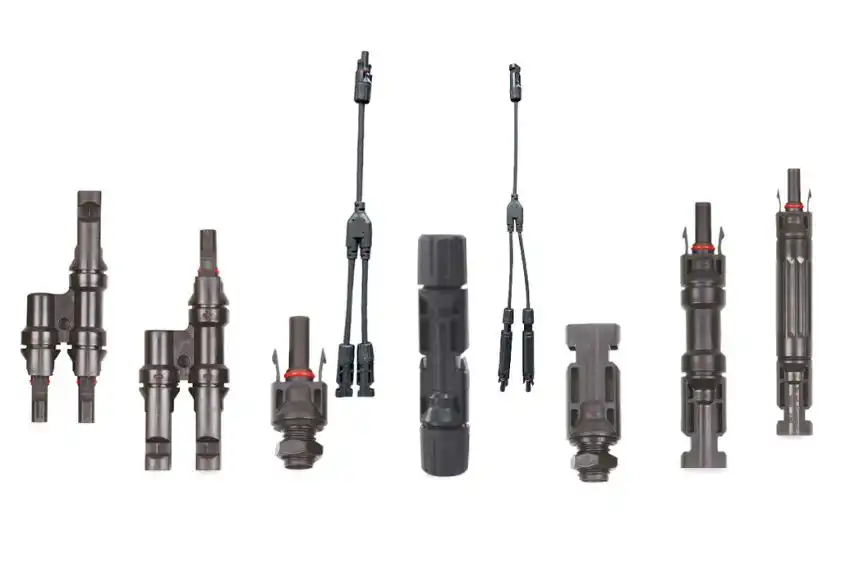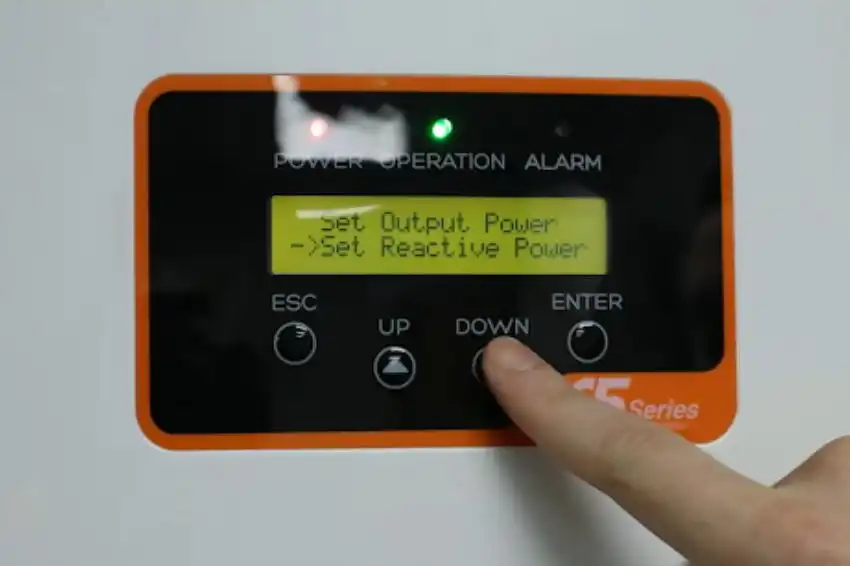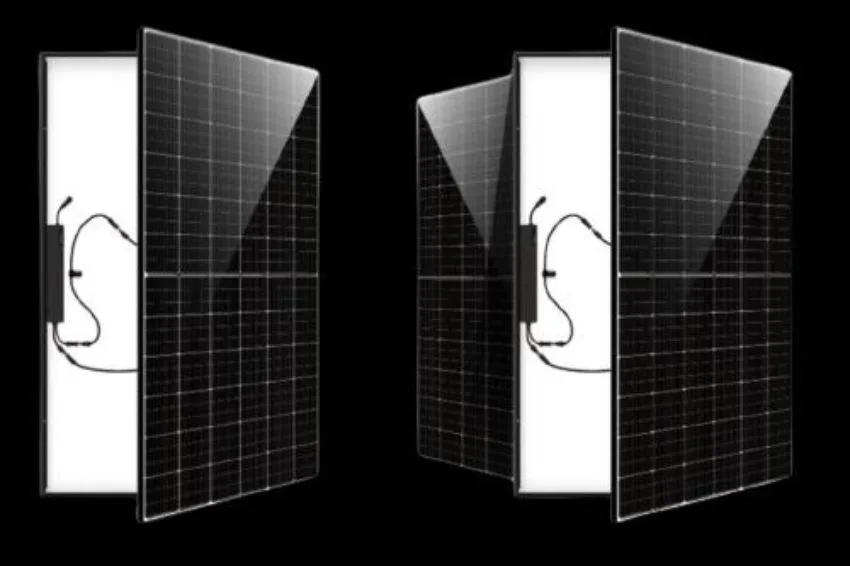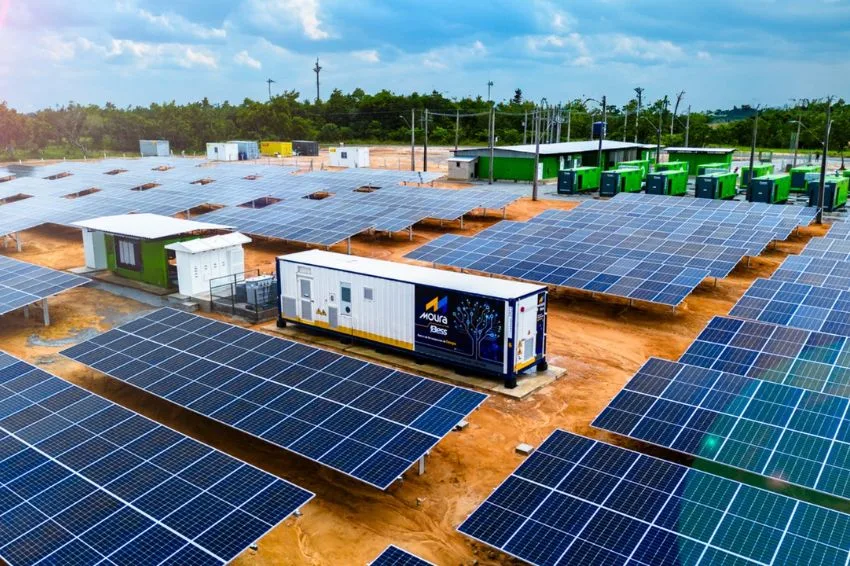The question that gives this article its name has recently arisen in the Brazilian market. Both consumers, designers and suppliers of photovoltaic systems must have already heard about the AFCI term, that means arc flash fault interrupter.
The subject is still somewhat recent in Brazil. The first article about AFCI in the Brazilian photovoltaic sector was published by Canal Solar in December 2020 “Electric arc protection in photovoltaic inverters“.
Recently, the subject of AFCI has been gaining prominence in the national market. Several inverter manufacturers are already offering AFCI in their products such as Solis and Huawei, but not all inverters available on the market have this feature.
AFCI is a safety system that can be built into the inverter. Its function is to monitor the occurrence of series-type electrical arcs, which are arcs caused by bad contacts in direct current installations (i.e. in the photovoltaic module circuits).
These bad contacts may be present when connecting the string cables to the inverter input, at any point in the stringbox or even in the connectors of the photovoltaic modules on the roof.
An electric arc can be initiated at any point in the direct current circuit of a photovoltaic installation that has one or more strings.
The electric arc is the main cause of fires in photovoltaic systems. Although rare, these fires can occur. The direct current electric arc, which is the type that originates in circuits with photovoltaic modules, is difficult to extinguish. Once started, if the photovoltaic system is not turned off, the arc will only stop after the fire has spread.
How do I know if the inverter has AFCI?
Although it is an important resource, not all inverter manufacturers have this functionality. AFCI is not a mandatory feature in Brazil and few inverters available on the market have this function. Information about AFCI availability can be found in the equipment data sheet, as in the examples shown below.



If the words AFCI, “electric arc” or “arc fault” are not found in the equipment data sheet, there is a strong indication that the inverter does not have the feature.
Other questions about AFCI
Is AFCI a mandatory feature? No, but he is desirable. As it is not (yet) normatively required in Brazil, it is up to the consumer to choose to purchase equipment that has this feature.
Is AFCI a necessary feature? Yes, because electric arcs can appear at any time, in any photovoltaic system with strings (i.e., except systems with microinverters), even if it has been well installed. Protection is never too much.
Does AFCI have a very high cost? No, because in most cases, the AFCI system is built into the inverter software, being a system that does not require additional hardware and does not add significant costs to inverters.
Will AFCI become a mandatory feature? Probably yes. This may still take some time to happen in Brazil, but it is possible that the AFCI system to be introduced in the next updates of inverter standards from the ABNT (Brazilian Association of Technical Standards) and in the ordinances of the INMETRO (National Institute of Metrology, Quality and Technology) for the certification of inverters for photovoltaic systems.




